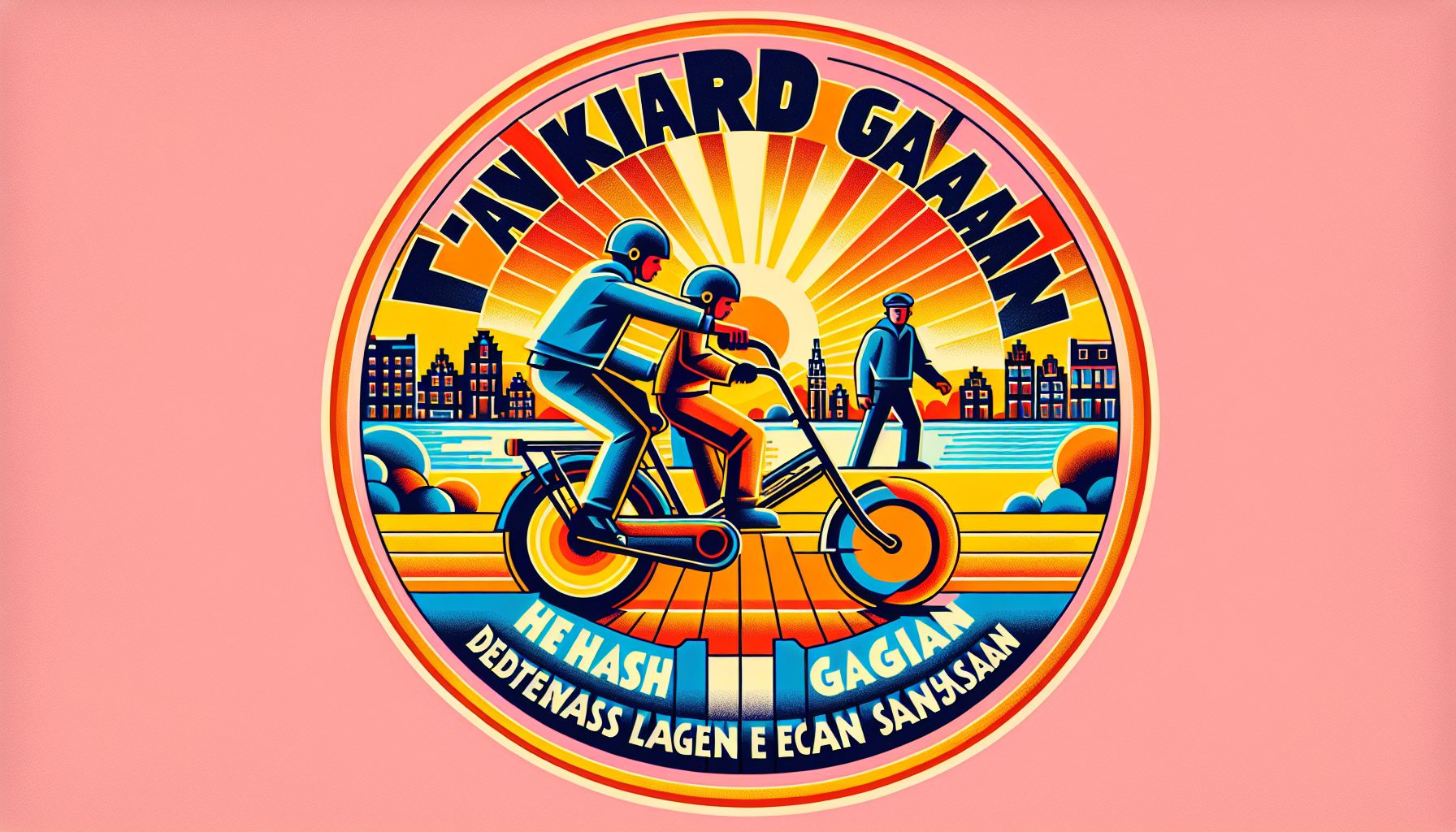Dutch Government Tackles E-Bike Tampering with New Safety Campaign

Netherlands, Monday, 9 September 2024.
The Netherlands launches ‘t Kan hard gaan’ campaign to discourage youth from modifying e-bikes for increased speed. It highlights legal consequences, including fines and potential criminal records, while emphasizing the heightened risk of severe injuries in accidents involving tampered e-bikes.
The Rationale Behind the Campaign
The Dutch government has taken a firm stance against the tampering of electric bicycles, particularly among the youth. Minister Barry Madlener of Infrastructure and Water Management spearheaded the initiative, emphasizing that modifying e-bikes to exceed their legal speed limits poses significant safety risks. The campaign, titled ‘t Kan hard gaan’ (It Can Go Fast), aims to educate young riders and their parents about the dangers and legal repercussions associated with such practices.
Escalating Concerns Over E-Bike Safety
In recent weeks, alarming reports have emerged highlighting an uptick in accidents involving modified e-bikes, particularly among teenagers. These incidents have underscored the ease with which certain electric bikes, including fatbikes, can be altered to reach speeds as high as 60 kilometers per hour. Such speeds considerably increase the likelihood of severe injuries in the event of a crash, compared to the legally permitted 25 kilometers per hour.
Legal and Financial Consequences
The campaign not only focuses on the physical dangers but also on the legal and financial ramifications of riding a tampered e-bike. Under Dutch law, electric bicycles are restricted to a maximum speed of 25 kilometers per hour with pedal assistance and a motor power limit of 250 watts. Violating these regulations can result in fines of €310 for a first offense. Repeat offenders face additional penalties, including bike confiscation and the risk of acquiring a criminal record [3]. Minister Madlener has been vocal about the uninsured status of these modified bikes, noting that accident-related costs can easily escalate into thousands of euros.
Campaign Strategies and Public Education
The ‘t Kan hard gaan’ campaign utilizes a multi-faceted approach to reach its target audience. Advertisements have been placed in bus shelters, on social media platforms, and across various radio stations to maximize visibility. A collaboration with TeamAlert, an organization focused on traffic safety for youth, includes police checks to ensure compliance with e-bike regulations. Additionally, the campaign plans to introduce educational lesson packages in secondary schools nationwide, aiming to instill a culture of safety and adherence to legal standards among young riders [1].
Future Legislative Measures
In parallel with the campaign, Minister Madlener is preparing a proposal for the Dutch Parliament that may introduce new legislation to further curb the illegal tuning of e-bikes. This could include measures such as a mandatory helmet requirement or a minimum age limit for fatbike users. The proposal is still under discussion, with political parties yet to reach a consensus on the specifics. However, the urgency to ensure road safety for all users remains a priority [2].

